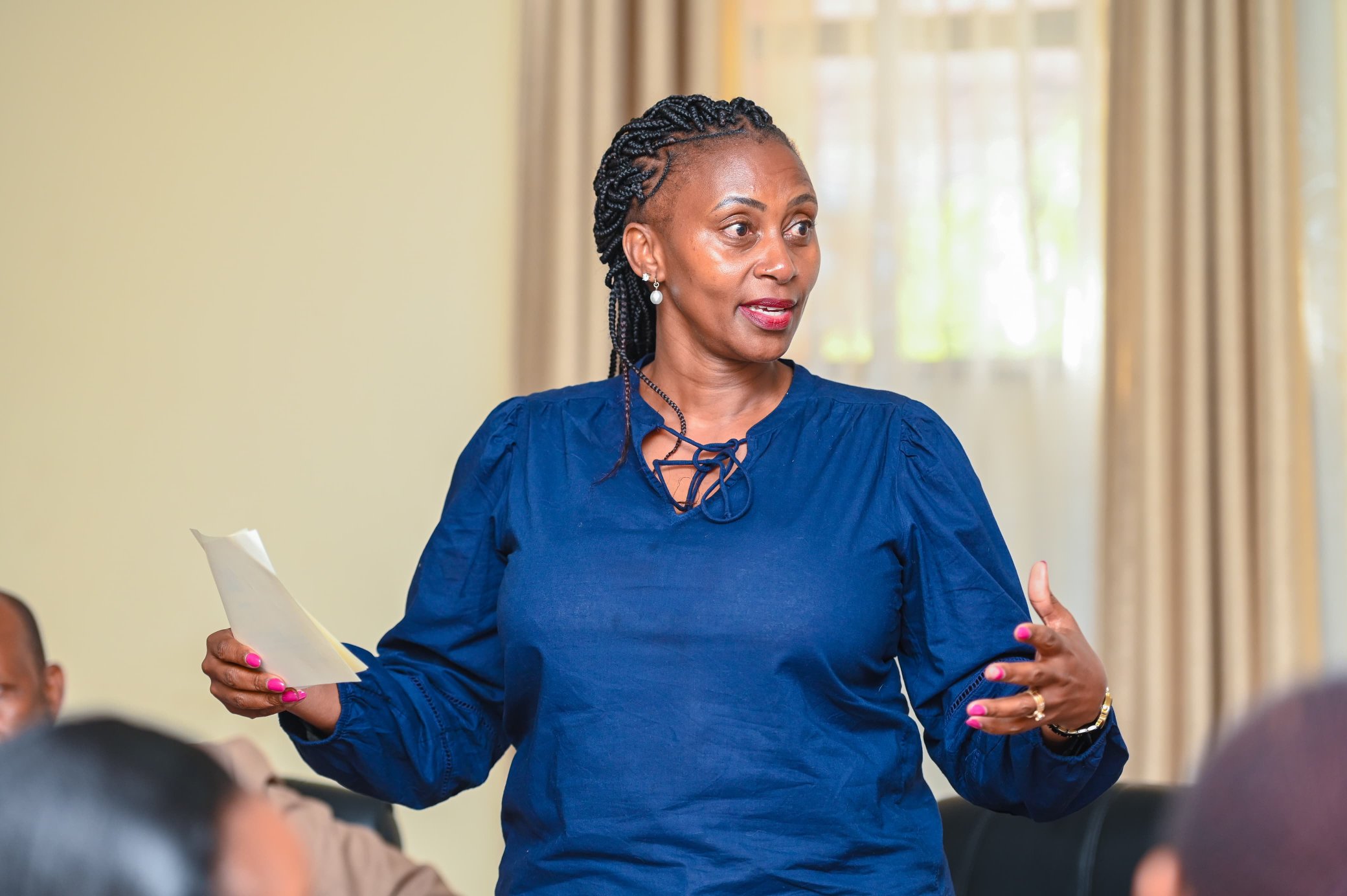
Marburg: Why Kenya is classified as high risk
A confirmed outbreak of Marburg Virus Disease in Tanzania’s Kagera region has put Kenya on high alert, with the health ministry closely monitoring the situation to prevent any potential spread across the border.
The Ministry of Health disclosed Thursday that it had received an alert on the possibility of an outbreak several days before several days before Tanzania confirmed its first case on January 20th.
Kenya is classified as being at high risk of a Marburg Virus Disease outbreak primarily due to the fact that Kagera region is a transit hub in the Region, with significant movement of the population to Rwanda, Uganda, Burundi, the Democratic Republic of Congo and Kenya.
“ On the basis of that alert, we had already heightened our level of alertness as a country,” Public Health Principal Secretary Mary Muthoni says.
The government, already combatting the spread of Mpox, has ramped up preparedness measures to address any potential outbreak of Marburg Virus Disease.
A readiness assessment is currently underway at the national level and in high-risk counties, in collaboration with the Council of Governors, which has been notified through an advisory.
Surveillance has been enhanced at all points of entry into Kenya, while a robust National Emergency Preparedness and Response Plan is also being activated.
“Additionally, we are working with the CoG, all MDAs, our partners and stakeholders towards developing a robust National Emergency Preparedness and Response Plan through a whole-of-Government and whole-of-society approach. This will ensure that as a country, we are adequately prepared to respond to any outbreak, in the event such a situation arises” she says.
Key facts
- Marburg virus disease (MVD), formerly known as Marburg haemorrhagic fever, is a severe, often fatal illness in humans.
- The average MVD case fatality rate is around 50%. Case fatality rates have varied from 24% to 88% in past outbreaks.
- Early supportive care with rehydration, and symptomatic treatment improves survival.
- There are currently no approved vaccines or antiviral treatments for MVD, but a range of vaccines and drug therapies are under development.
- Rousettus aegyptiacus, a fruit bat of the Pteropodidae family, is considered the natural host of Marburg virus. The Marburg virus is transmitted to people from fruit bats and spreads among humans through human-to-human transmission.
